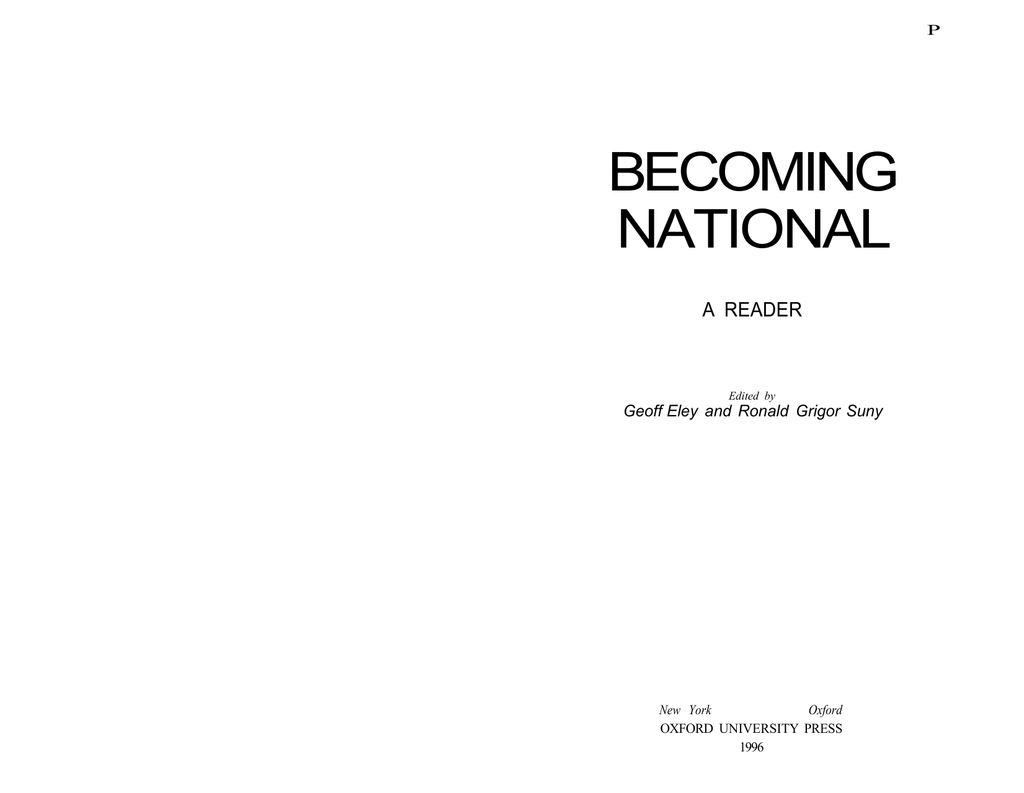The Italian states of the fifteenth century have been called “the school of Europe,” instructing the rest of the Continent in the new realistic ways of power politics. Despots like Il Moro, Cesare Borgia, Lorenzo the Magnificent, and the oligarchs of Venice might well have given lessons in statecraft to Henry VII of England or Louis XI of France.
In international affairs, the experiments with diplomatic missions made by Venice, by the Visconti of Milan, and by the Gonzaga family in Mantua marked an early stage in the development of permanent diplomatic embassies. Italian reliance on condottieri in warfare foreshadowed the increased use of mercenaries and the abandonment of the old feudal levies.
However, Italy also furnished an object lesson in how not to behave politically. By the close of the fifteenth century it was evident that the balance established among the Italian states was too precarious to preserve their independence. Beginning with the French invasion of 1494, Italy became a prize for the new national dynastic imperialists of France, Spain, and the Habsburg realm. The Italians of the Renaissance, like the Greeks of antiquity whom they resembled, were victimized by stronger neighbors and penalized for their failure to form a united Italy.
These lessons from “the school of Europe” were first drawn by NiccolO Machiavelli (1469-1527), a diplomat who served the restored Florentine republic in the early 1500s and was exiled when the Medici returned in 1512. Soon after, he wrote The Prince and dedicated it to the Medici ruler in the vain hope of regaining political favor. The Prince had a low opinion of human beings in general:
They are ungrateful, changeable, simulators and dissimulators, runaways in danger, eager for gain; while you do well by them they are all yours; they offer you their blood, their property, their lives, their children . . . when need is far off but when it comes near you, they turn about.
The politics of The Prince follow directly from its estimate of human nature:
Since . . . a prince is necessitated to play the animal well, he chooses among the beasts the fox and the lion, because the lion does not protect himself from traps; the fox does not protect himself wolves. The prince must be a fox, therefore, to recognize the traps and a lion to frighten the wolves… . By no means can a prudent ruler keep his word—and he does not—when to keep it works against himself and when the reasons that made him promise are annulled. If all men were good, this maxim would not be good, but because they are bad and do not keep their promises to you, you likewise do not have to keep yours to them.**
The Prince was a prescription against the severe political maladies afflicting Italy in the early 1500s. But what precisely was Machiavelli’s diagnosis of Italy’s ills, and what precisely was his recommended prescription?
Scholars do not entirely agree. Most believe that The Prince is to be taken literally, and that Italy’s desperate plight in the face of foreign invasion required a desperate remedy. Others argue that Machiavelli’s intention was satirical, and that he was warning Italians against relying on excessive despotism, even during a national emergency.
This last view gains some plausibility when The Prince is compared with Machiavelli’s longer work, The Discourses on the First Ten Books of Titus Livius (the Roman historian Livy). Here he addressed not the immediate Italian crisis, but the universal problem of building a lasting government, and he argued that the state required more than a single prince endowed with still more power.
In The Discourses Machiavelli presented both an estimate of human nature and a political program seemingly in conflict with The Prince. But the conflict is perhaps more apparent than real. The Discourses concerned people like the Athenians and Romans of old, who had great civic virtues and were demonstrably capable of self- government. The Prince concerned Italians, who in Machiavelli’s judgment had lost their civic virtues and therefore required the strongest kind of government from above. The one was a reading from history, the other a judgment on current events.
In defending national identity, Machiavelli was exalting a doctrine that was to help shape the modern world. In defending secularism and power politics, Machiavelli preached what others had already practiced; Henry VII, Louis XI, Ferdinand of Aragon, and the Italian despots were all good Machiavellians. And all were exemplars of Renaissance men. Their lives demonstrate how life had changed during the late Middle Ages.

